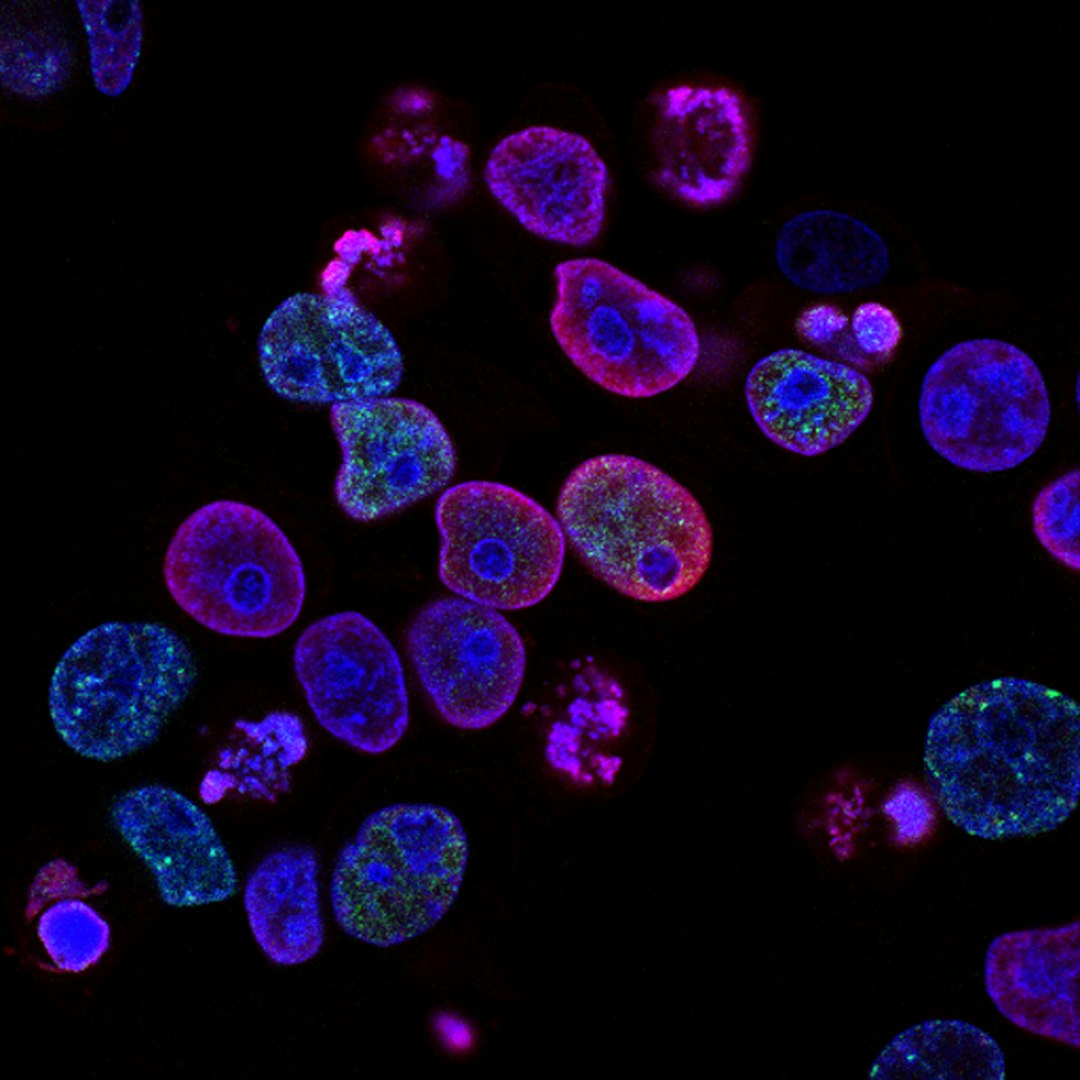Immunomodulation is an exciting anti-cancer strategy and includes cellular immunity and antibody immunity (humoral immunity). Research has so far focused on T-cell cellular type of immunity, which has been variably effective against cancers and has been specifically disappointing in ovarian cancer. There are other strategies and the immune system is very complex. The following is a discovery that focuses on antibody or so-called “humoral” immunity against ovarian cancer. It may add another option, beyond the clinically available immune checkpoint inhibitors like Keytruda.
“A new study from Moffitt Cancer Center in ovarian cancer found that the use of IgA-based antibodies produced by B cells may represent new immunotherapeutic agents for tumors that are resistant to conventional blockade of the immune checkpoint and currently target T cell focus centered approaches.
Immunotherapies are designed to strengthen the body’s T cells to recognize and destroy cancer cells. However, ovarian cancer seems to evade them or remain resistant to their activity. This is despite the fact that most ovarian cancers appear to be infiltrated with activated T cells. As a result, the ovarian patient’s results after immunotherapy have largely proven disappointing.
Researchers at the Moffitt Cancer Center have discovered possible reasons why humoral immunity or antibody-based immunity appears to be associated with better outcomes in some ovarian cancers, potentially opening a new line of therapeutic interventions.
With the help of helper T cells, B cells differentiate into plasma B cells, which can produce antibodies against a specific antigen. Previous research has found that patients with plasma and memory B cells may respond better to immunotherapies
To characterize the role of B cells in ovarian cancer, the Moffitt team analyzed 534 samples from patients with high-grade serous ovarian cancer. As expected, they found that patients with higher levels of B cells or plasma cells derived from B cells had better results
Therefore, it appears that IgA, produced in the ovarian cancer microenvironment, antagonizes ovarian cancer growth by directing the coordinated activity of tumor cells, T cells, and B cells – which is a potential new therapeutic direction.”
To read the full article click the link below.


